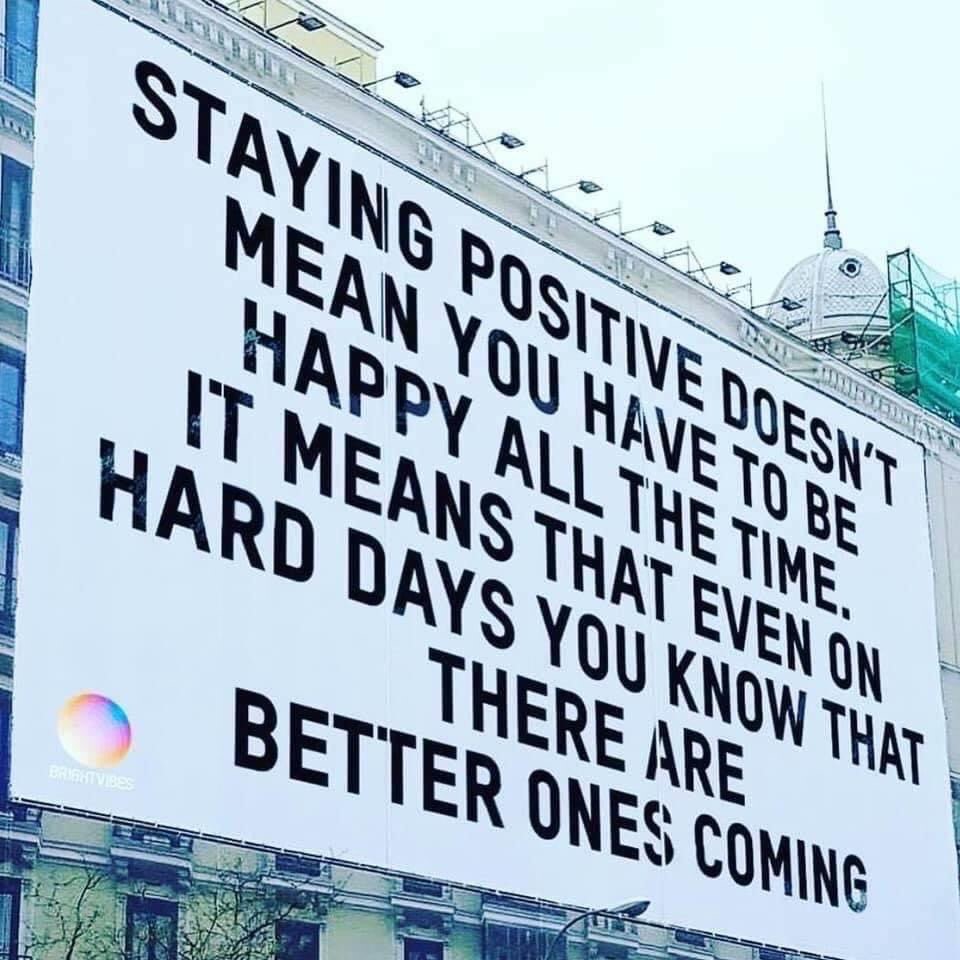We have been inundated with talk about stress and resiliency over the past months. We recognize that resiliency is the ability to recover quickly from difficulties. We acknowledge it is the capacity of adapting well in the face of adversity, trauma, tragedy, and threats. I first wrote about resiliency in my book Two Minus One: A Memoir as I struggled to recover from unexpected loss and grief. Yet rassling with resiliency during COVID has proven a much greater challenge than anyone could have imagined.
Psychologists report a subset of skills that are present in people who are the most resilient. They provide recommendations for utilizing the attributes which will make coping with pressure feel less insurmountable. They promote specific behaviors promised to ease the burden of dealing with stress and which will enhance a personal sense of wellbeing.
But it is difficult to remain fearless in the face of the tremendous hardship of a global pandemic. How does one practice self-awareness, mindfulness, and self-care when we are suddenly taking care of so many others? How do we juggle the everyday demands of working from home while assisting children who are simultaneously learning at home? What about those of us who are caring for aging parents as well? Or sadly, those of us who have aging parents that we are no longer able to assist due to constraints regarding social distancing? Perhaps we are one of the many who have lost a job because of the resulting shutdowns of the pandemic. Or worst of all, lost a loved one to this dreaded virus?
How does one engage in the positive relationships we are told are imperative to a sense of resiliency? It is difficult when we are unable to personally connect during these times of prolonged isolation and persistent social distancing. Virtual communication provides some relief. But often, we are reluctant or unable to convey our innermost feelings during these exchanges.
Yet connection is the key to maintaining a feeling of resiliency and sustaining our mental health. I believe that to sustain a sense of purpose and retain our ability to cope, we must reach out. We must honestly discuss our hopes, fears, and struggles. Candid conversation with trusted friends often leads to insight and resolution for even the most difficult of challenges. It provides a deep sense of connection and lightens the feelings of isolation. It delivers a powerful boost to the dilemma of rassling with resiliency during COVID. It promotes an enhanced sense of wellbeing and a reminder that we will all get through this – together.
So, do not be afraid to reach out. All of us are experiencing the same fears and frustrations. We are all craving someone to really listen to the deepest anxieties we are reluctant to share. This has not been easy, but there is light at the end of the tunnel. As the song says, “Reach out in the darkness, and you may find a friend.”
